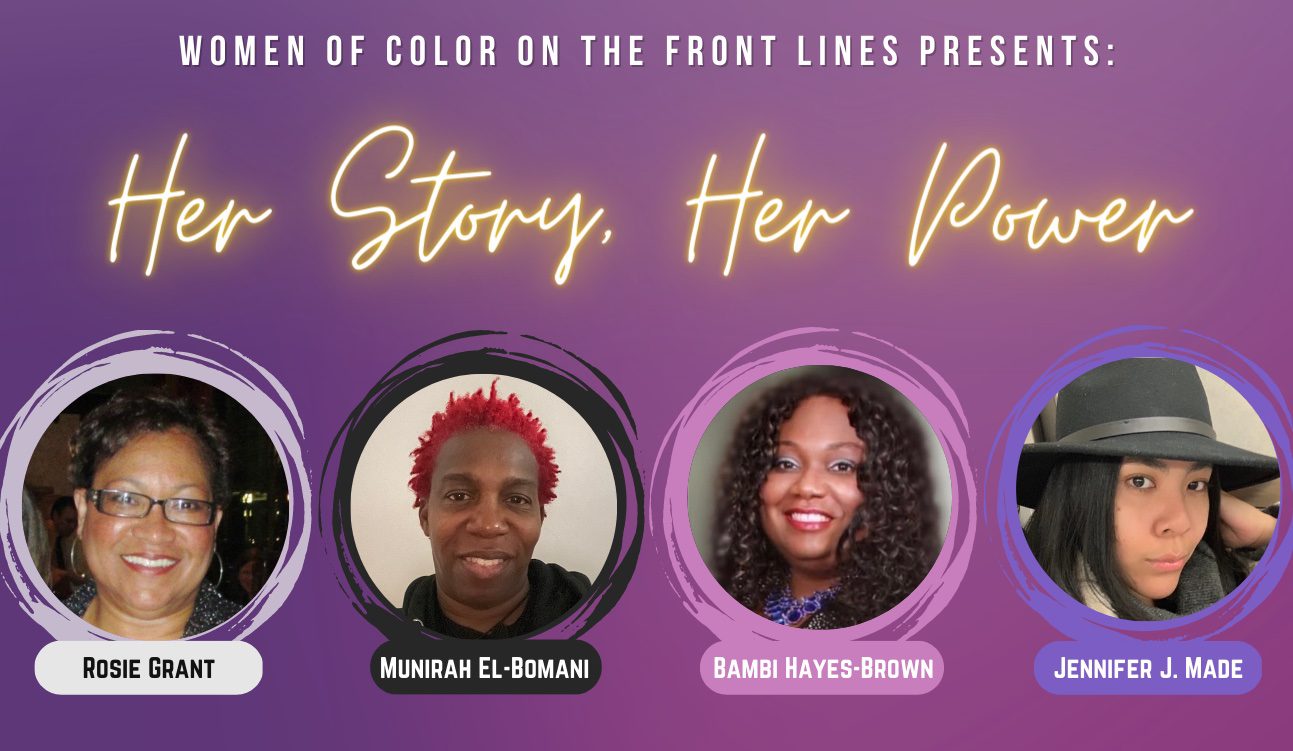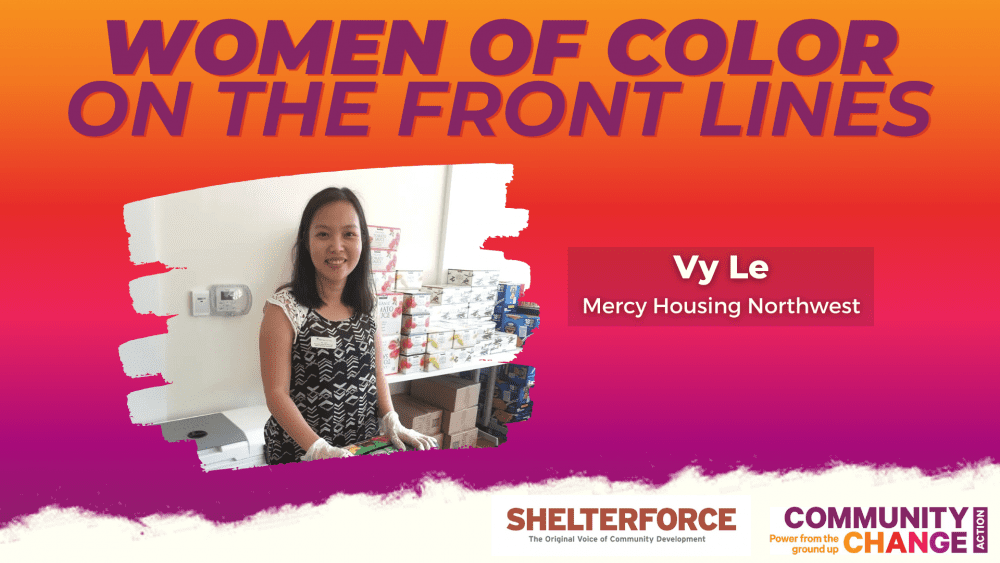
Like many issues these days, those motivated by greed seem to be dominating the discussion. CEE-trust and other proponents of charter schools like Michelle Rhee have been getting far more air time than their feeble solutions for public education deserve, while real experts with holistic solutions like Diane Ravitch seem to be pushed to the sidelines.
On Dec. 9, parents, students and teachers in 60 cities across the nation decided to take matters into their own hands—they moved into action to lift up solutions we can all agree on.
The coaliton includes faith-based groups like PIIN, MORE2, and Metropolitan Congregations United (MCU), union locals, and urban education advocate groups like Opportunity to Learn. They are advancing a platform that they believe can “reclaim the promise of public education.”
The principles include statements that should be basic to public education, but in practice are often left out of the equation: “Schools should be welcoming and respectful places for all.” Sounds simple enough, right? However, just last year a New Hampshire school district was restraining children with disabilities several times a day and using isolation rooms as a go-to discipline method. Luckily, ABLE New Hampshire took action and won a new discipline policy; parents are now involved in making sure the policy works.
The “Reclaim the Promise” coalition believes that when teachers, parents, and students work together that we can come up with new models that will live up to their lofty, but realistic principles. “Our voices matter” is the start. We have to start listening to those who have the most important stake in public education: parents and students.
(Photo by Emory Maiden CC BY-NC)





I am surprised this posting has not generated more comments. The intersection of education and community development is clear. The challenges around school closings on local neighborhoods and the continued fallout of the foreclosure crisis on school mobility should resonates within our field.
Protecting public education as core and critical resource in our communtiies will shape our struggle for the coming years. Ms. Barrett’s posting should spur a larger dialogue for not only perserving public education but the necessity for parents, teachers, students and community leaders to act because how do we preserve housing, develop affordable housing and community economic development without local schools?